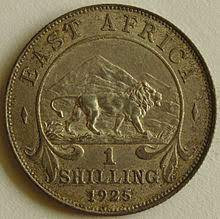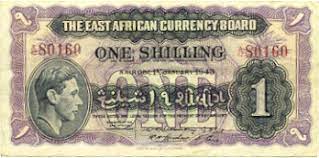Annamaria on Monday
When I first started to research British East Africa's history ifor my Vera and Tolliver series, I needed to know everything I could find out about everyday life. My searches eventually took me how people bought and sold goods. As you can imagine, before the Brits, The tribal people mostly bartered with things that just about everyone wanted: livestock, food, weapons, iron work, shells and beads, and very importantly salt, which was rare, since in the highlands they were a three-month trek from the sea.
This was the case from prehistoric times until the Arab traders came searching the area for ivory and slaves. To begin with, the Arabs carried salt bars to complete their transactions.
But eventually they switched to the convenience of currency of the sorts that were floating around in the Indian Ocean sea trade: Indian rupees, British florins, silver thalers from Austria. It's hard for me to imagine what the people of the highlands thought of coins that must have looked like trinkets to make jewellery to the.
In the waining years of the 19th Century, once th British king's empire builders had moved in and taken over, they minted coins in India, which became the currency with which they paid the Indian workers they imported to build the Uganda Railway.
After that the East African and Uganda rupee became the official currency and it stayed that through World War I, when Kenya became a colony and the shilling took over.
Nowadays, the currency relics of those long ago times are collectors items.
These days, my interest of the local currency has to do with the work a group of us are engaged in to improve the fate of girls in Kenya. Our efforts, of course, involve financial matters. As it happens, in the remote area where those girls live bartering is still a common way of doing business. And people using Kenyan shillings often trade them among themselves on their phones. Many of the local people do not have bank accounts at all.
I am hook, line, and sinker devoted to saving those girls and women from horrifying retrogressive practices and giving them a choice in the kind of life they will lead. But there is this little niggle that accompanies all the joys of progress. That somehow, by connecting them with the international banking system, I am - as an unwanted side effect - bringing some of the last free people on earth into banking captivity.


















The only thing I can recall working really efficiently in Madagascar was banking by cell phone. I guess there has to be an underlying bank account there somewhere, however...
ReplyDeleteProgress inevitably involves banking, Sis...or so it seems. I so admire all that you do for your "girls." God Bless.
ReplyDelete